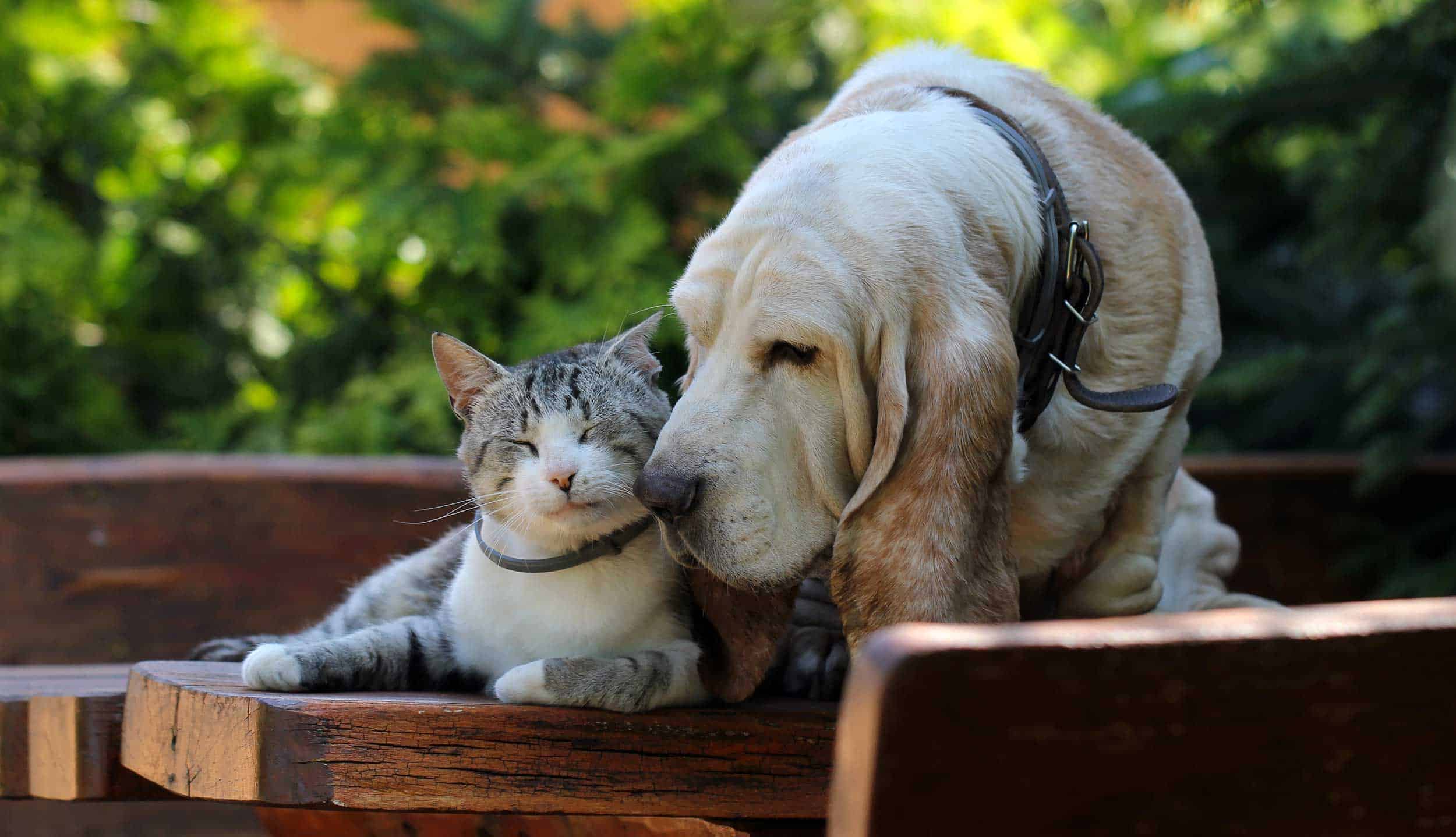Beyond Daily Yonder: Insights and Updates
Exploring daily news and insightful information from various fields.
Senior Pets: The Secret Life of Furry Golden Agers
Uncover the hidden joys and challenges of senior pets—discover the secret lives of our furry golden agers and their timeless wisdom!
Understanding the Unique Needs of Senior Pets: A Comprehensive Guide
As our beloved pets grow older, their unique needs change significantly. Understanding these needs is crucial for ensuring their health and happiness in their senior years. Common issues that senior pets face include arthritis, dental disease, and sensory decline. Owners may notice their pets becoming less active or more hesitant to engage in play. To address these challenges, it is essential to adapt their exercise routines, providing gentle and low-impact activities that cater to their physical abilities. Regular veterinary check-ups are also vital to monitor health changes and to catch any potential issues early.
Feeding senior pets requires special consideration as well. Many pets need a diet tailored to their age group, which often involves reducing calories to prevent obesity and increasing the nutritional density of their meals. Look for high-quality senior pet food that includes appropriate levels of protein, fiber, and essential fatty acids. Hydration is another aspect that requires attention; seniors may become less thirsty, leading to dehydration. Ensure fresh water is always available and consider incorporating wet food into their diet to enhance moisture intake. Remember, a comprehensive understanding of senior pet needs will enhance their quality of life immensely.

Fun Activities to Keep Your Senior Pet Happy and Healthy
Ensuring your senior pet remains happy and healthy requires engaging activities that cater to their physical and mental well-being. One fun option is to create a set of mini obstacle courses in your backyard or living room using soft items like pillows and boxes. This not only promotes light exercise but also stimulates their minds as they navigate through the course. Additionally, consider introducing interactive toys designed for older pets, such as treat-dispensing puzzles, which encourage problem-solving and keep them entertained.
Another enjoyable activity is organizing regular gentle walks to explore new sights and smells in your neighborhood. Aim for shorter, more frequent walks rather than longer treks to cater to their energy levels. Furthermore, consider setting aside time for quiet playtime with favorite toys, as this allows for bonding and reduces anxiety. Including socialization with other calm pets or friendly humans can also vastly improve your senior pet's mood and overall contentment.
What to Expect as Your Pet Ages: Common Health Issues and Solutions
As your pet ages, it is essential to understand that they may face a variety of common health issues. Some of these include arthritis, which can lead to joint pain and decreased mobility; dental disease, causing discomfort and potential infections; and kidney disease, which is prevalent in older pets. Regular visits to the veterinarian can help identify these issues early on, allowing for timely interventions. Additionally, watching for signs such as excessive thirst, changes in appetite, or unusual behavior can signal that your pet requires medical attention.
To manage these health issues effectively, there are several strategies that you can adopt. First, consider integrating a balanced, high-quality diet tailored for senior pets, which can promote overall health and vitality. Regular exercise is equally important; low-impact activities like short walks or gentle play can help maintain your pet's physical health without putting too much strain on aging joints. Furthermore, supplements such as glucosamine and omega-3 fatty acids may provide added support for joint function. Always consult your veterinarian before starting any new treatments, as they can recommend the best course of action tailored to your pet’s specific needs.